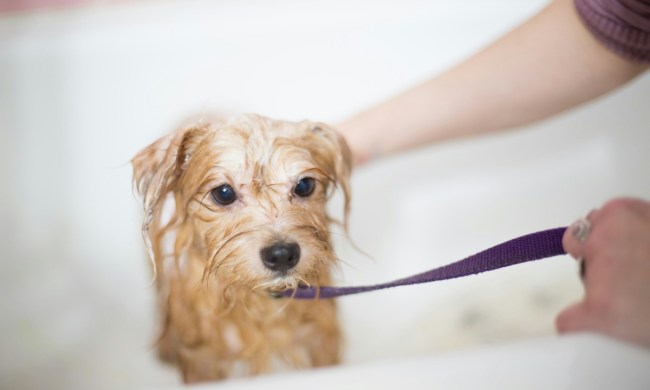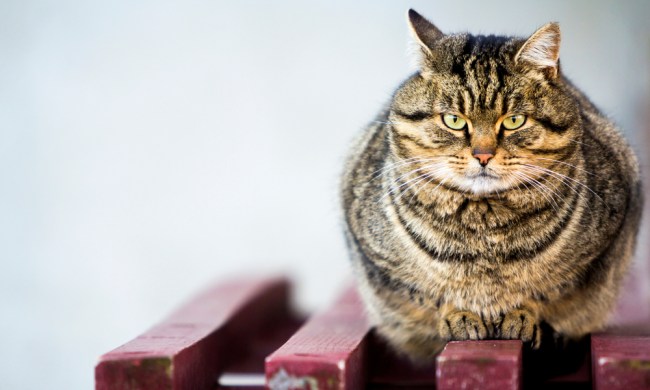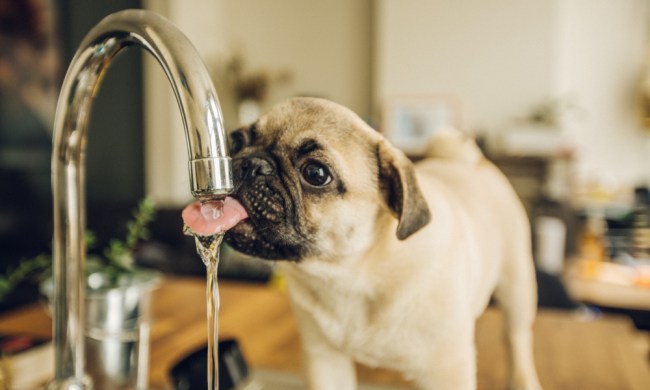As pet insurance becomes more popular and more available, pet owners have questions about what insurance actually covers. Just like getting insurance as a human, pet insurance is more accessible and cheaper in regard to the age and current health of your pet.
Does that mean your senior pet is out of luck? And one of the biggest questions of all — will pet insurance ever cover preexisting conditions? Let’s take a look at the basics of pet insurance to answer this question once and for all.
How does pet insurance work?
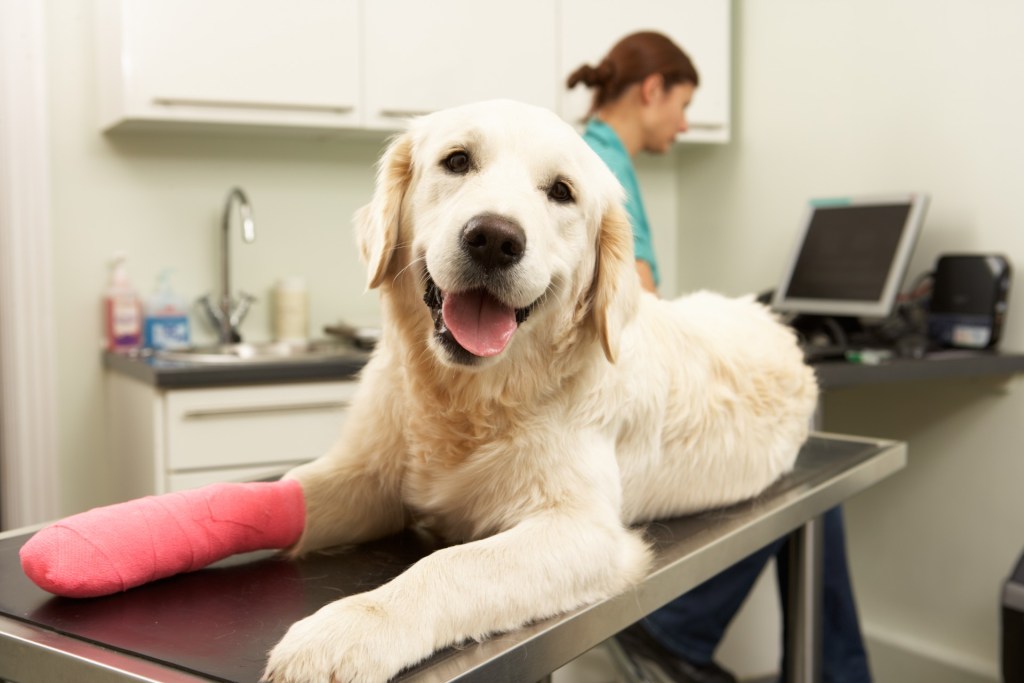
Pet insurance details will depend on your particular carrier, but the basics remain the same. Most pet insurances:
- Have a waiting period — When you sign up for pet insurance, almost all options will require a waiting period before your pet is covered. Be sure you know how long this period is because it can vary from several days to several weeks.
- Require a physical — You’ll probably have to take your pet to get a vet physical before you can sign up. The physical looks for any preexisting conditions and checks the overall health of your pet.
- Work through reimbursements — Human insurance has things like copays and coverages, but with pet insurance, you’ll probably have to pay out of pocket and submit reimbursement forms.
- Have age limits — It’s far more common to have age limits for pet insurance than human insurance. If you have a senior pet, this will be a huge determining factor.
- Work outside veterinarian offices — Because pet insurance reimburses, you won’t have to worry about whether your vet takes your particular pet insurance.
- Do not cover preventative care — Or rather, it doesn’t cover preventive care without an extra package added onto the standard insurance plan.
- Do not cover preexisting conditions — Unfortunately, it’s tough to find pet insurance with the option to cover a preexisting condition. That’s your short answer.
- Do not cover alternative treatments — You’ll have to look carefully at what types of alternative therapies are included in your specific insurance because these are commonly excluded.
What to know about preexisting conditions
Preexisting conditions are a common sticking point with pet owners. Many pet insurances don’t penalize certain breeds for breed-specific conditions — think German shepherds and hip dysplasia — as long as the animal isn’t already showing signs of the condition. This is often the reason for a required physical and a waiting period.
You need to consider what type of insurance you want for your pet. For many pet insurances, if you have one coverage type and decide to upgrade to more coverage, preexisting conditions may come into play, since you’re technically signing a new policy.
For example, you purchase a basic insurance plan for your German shepherd. When this policy begins, there are no signs of hip dysplasia. You have the plan for three years, and your German shepherd is diagnosed with the early stages of hip dysplasia.
Since the condition wasn’t preexisting, your German shepherd’s hip dysplasia is still covered. However, if you decide to increase your overall insurance coverage and sign a new plan, your German shepherd’s hip dysplasia would now be excluded from reimbursement. The condition wasn’t preexisting for your original plan, but it is with your new plan.
In some cases, preexisting conditions are curable. If this happens, many insurance options will exclude the original condition until cured. Your pet must wait a period of time, typically one year, to see if the condition comes back. If it doesn’t, that condition may fall off the exclusion list.
How to find the right coverage
There’s no way to know what conditions your pet will develop over time. However, if you have a pure breed, you may want to consider future conditions when purchasing pet insurance. Here are some things to consider:
- Balance premiums with coverage — If your dog is getting older, it may benefit you to go ahead and get a more comprehensive coverage plan before a preexisting condition makes this impossible.
- Drop preventative care — If you can pay for preventive care out of pocket, this could help you afford higher reimbursements for emergency and chronic care.
- Pay attention to the fine details — Be sure to read the whole plan, including age limits, reimbursement caps, and what constitutes a preexisting condition.
- Check other experiences — People are more likely to write online reviews when they’re angry than when they’re satisfied, but it can be valuable to read these reviews anyway. Read between the lines.
- Ask your veterinarian for advice — Your vet may be able to shed some light on plans that other pet owners have had good experiences using them. Your vet may also be able to help you understand possible conditions your pet may be subject to in the future.
- Don’t give up — Your pet won’t be denied coverage because of a preexisting condition, so this could help with other costs.
Pay attention to the details
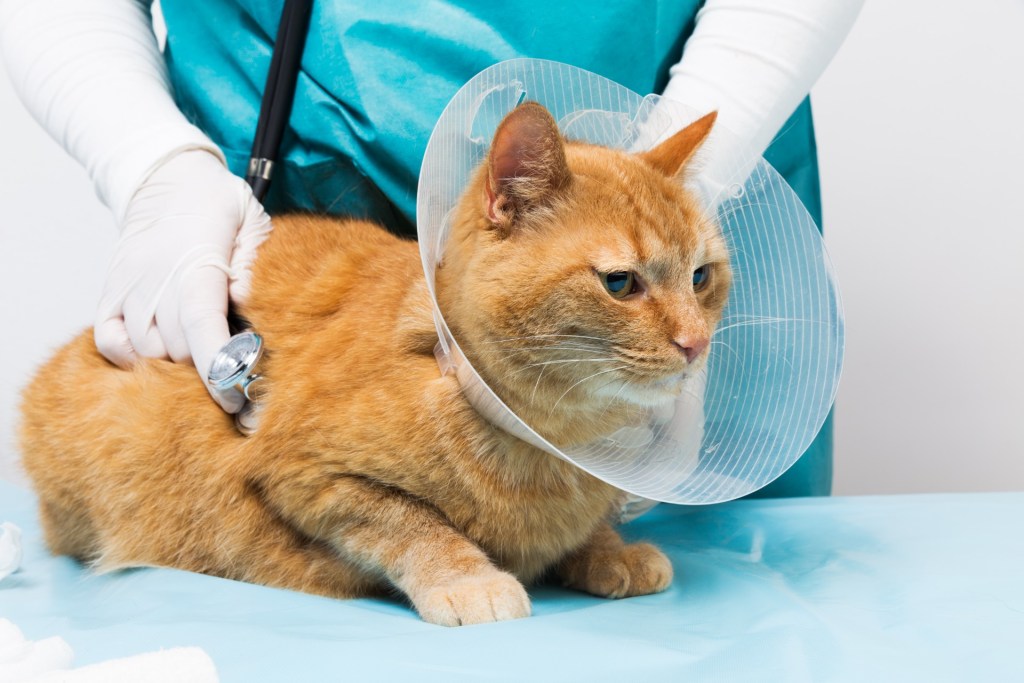
Talk directly to a representative of the insurance company to ask questions, but be sure to get everything in writing. Read all the details of your agreement carefully and never make assumptions about your insurance coverage.
Your pet can still get insurance coverage even with a preexisting condition. While you won’t get reimbursed for anything related to that condition, you’ll be able to offset the costs of other procedures and emergencies. Start as early as possible, and you may find insurance is a good choice for you.
